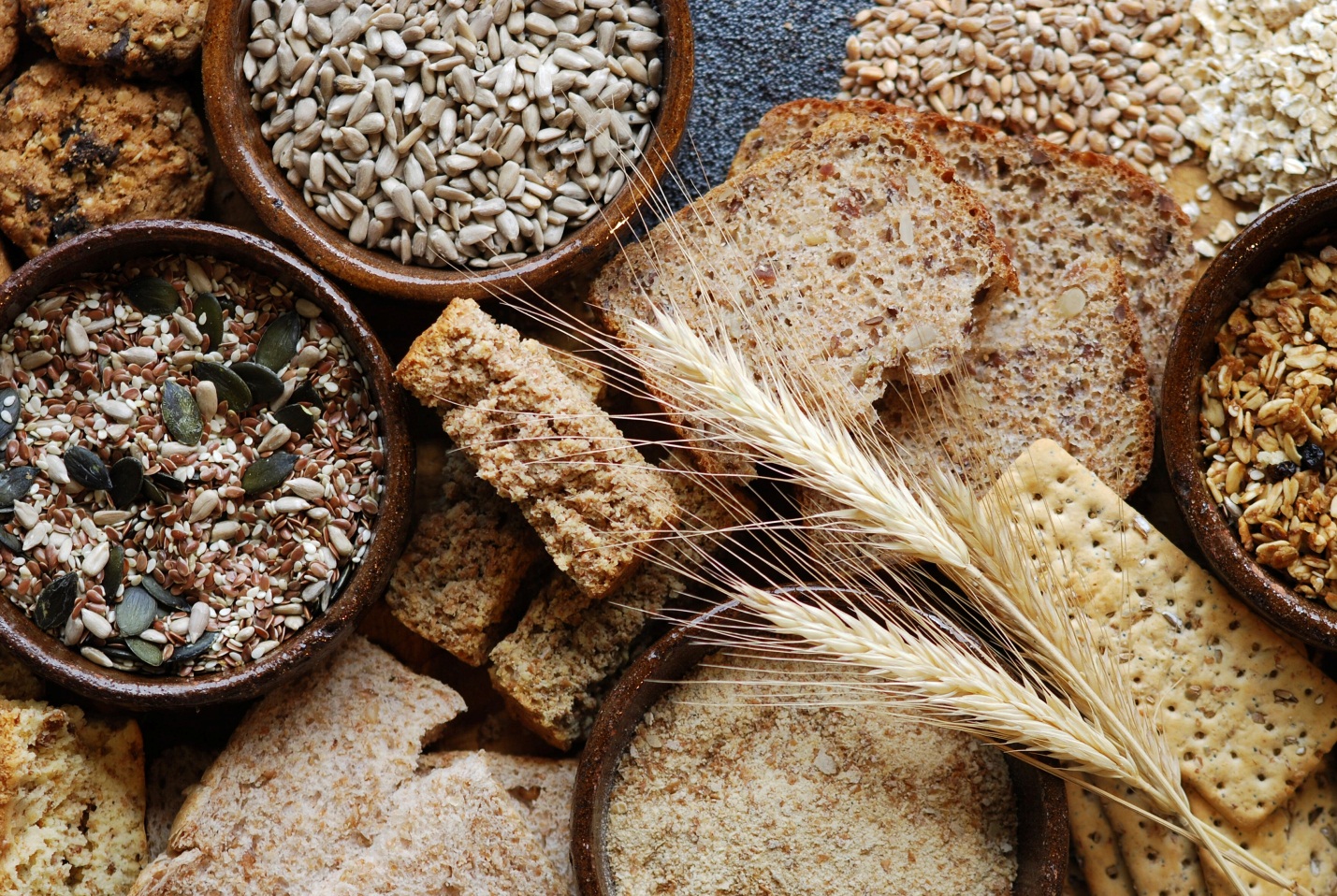What do you usually select between the choices of white or wheat when it comes to pasta, bread, and other baked goods? You might think there must not be that great of a difference, but there are quite a few. Whole grains are very important for your mental and physical health. Whole grains contain bran, endosperm, and germ. Be sure to read the labels to ensure that there are servings of whole grain in the food. Looking at the color of the food is not enough; certain companies dye their product to appear brown and many shoppers mistakenly trust it as whole grain. Some whole grain foods include oatmeal, brown rice, barley, bulger, and freekeh.

1. Reduce bodily inflammation
Inflammation is detrimental to your health because it causes many types of diseases within your body such as cancer. Whole grains like brown rice and barley reduce inflammation within your gut.
2. Fiber
On average, nutritional experts recommend 25 to 35 grams of fiber per day. Whole grains are an excellent source of fiber. Not only do they aid in digestion, but whole grains controls your body’s bad cholesterol and blood sugar levels. Incorporate oatmeal in the morning to start the day off with fiber.
3. Full feeling
Whole grains allow you to feel full for longer periods of time. This is a great way to regulate your appetite and slim down because you’re less likely to overeat. Add whole grains to the earlier part of your day when you will be needing more fuel.
4. Lower risk of heart disease
Eating whole grain foods like oats and barley is linked to a lower risk of heart disease. Regular whole grain consumption has been found to decrease rates of stroke, hypertension, and heart attack. Studies show that increasing your whole grain intake can protect you against these diseases.




